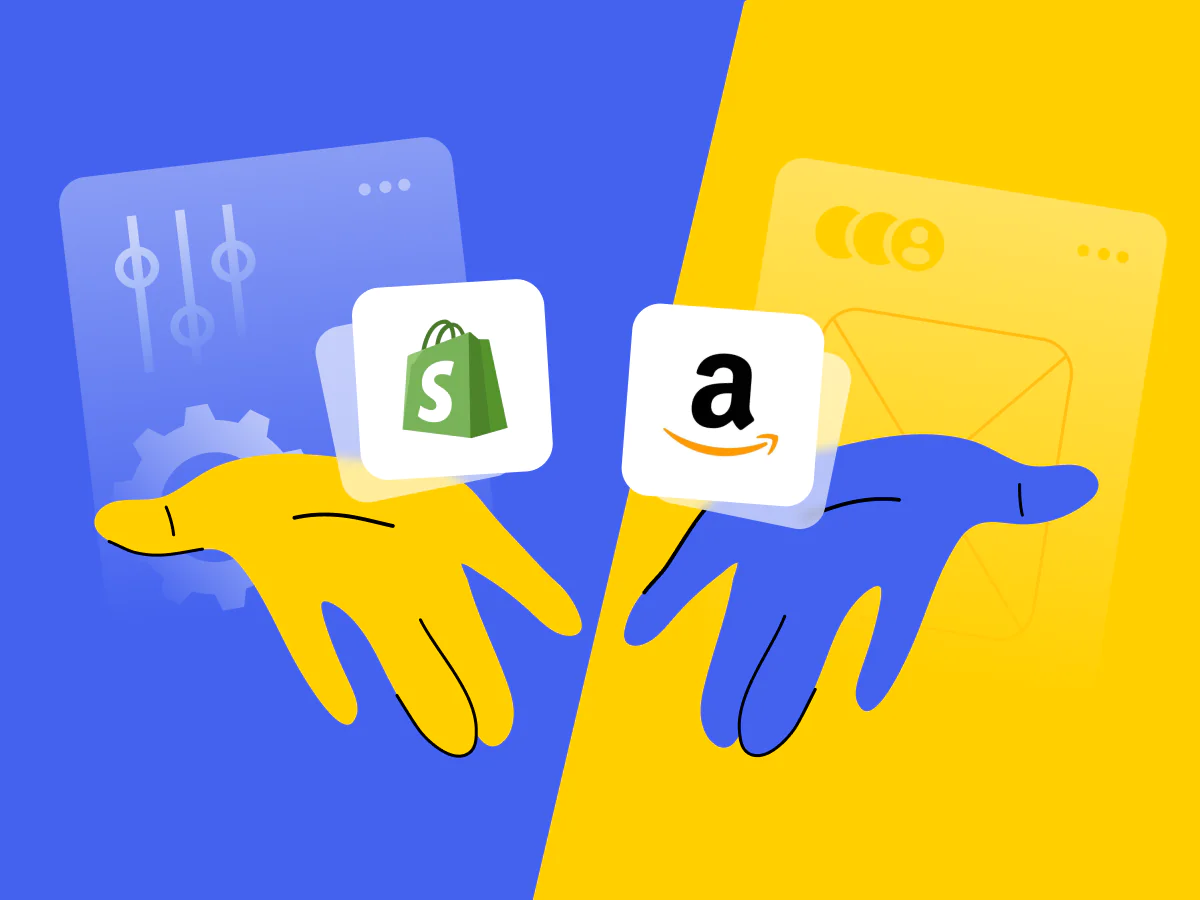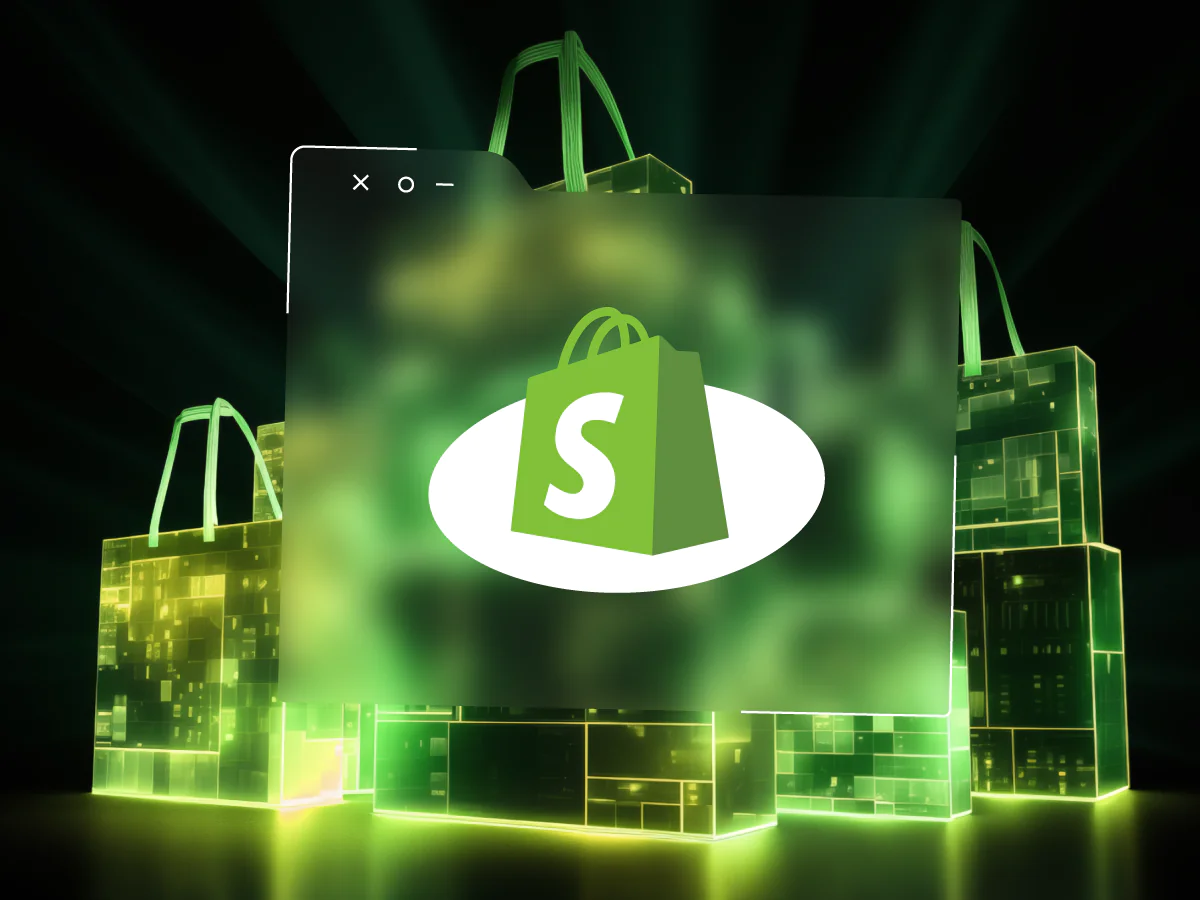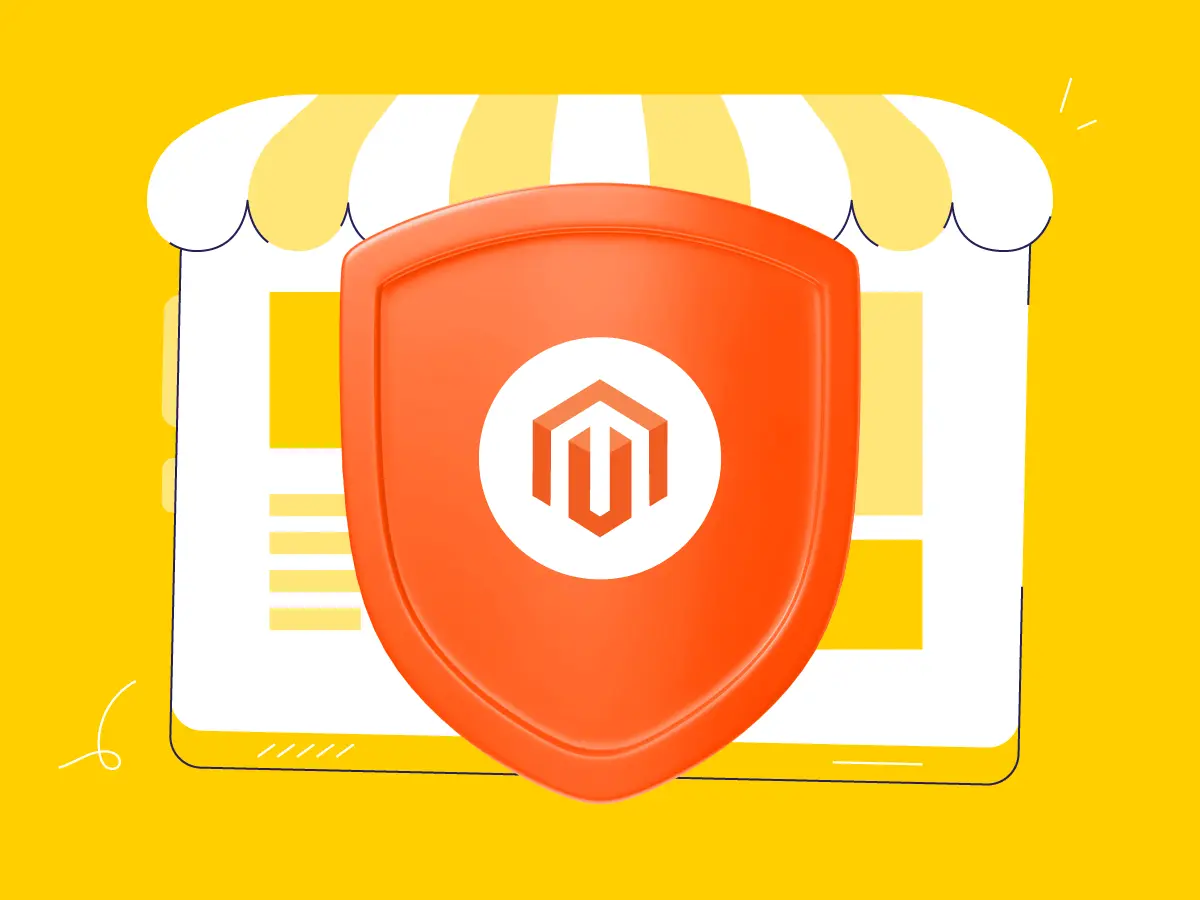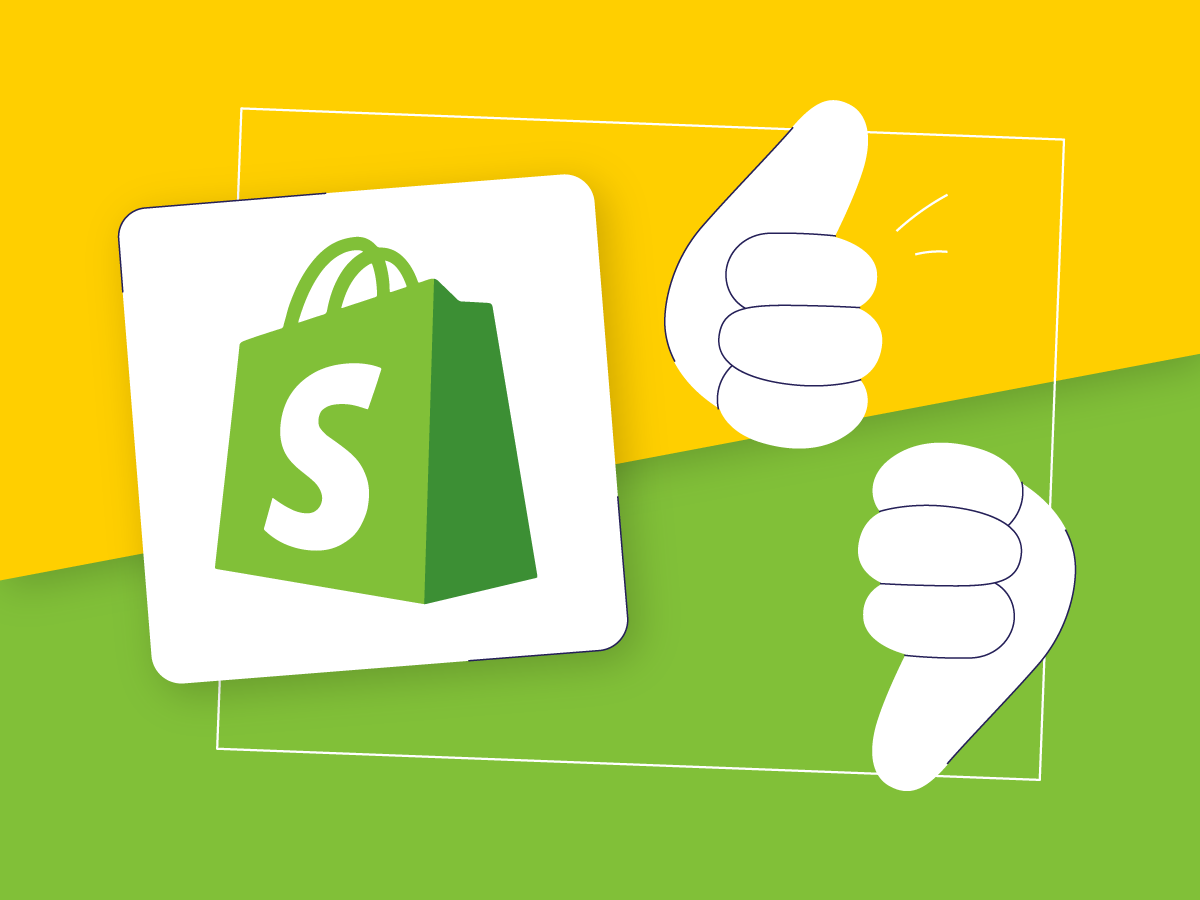When you’re looking for a platform to sell products online, two names out of the competition are Amazon and Shopify. Shopify users rate the platform 4.5 out of 5 for ease of use, while Amazon Marketplace users rate it 4 out of 5.
The main difference between these platforms is their approach. Shopify allows you to build and manage your e-store, while Amazon lets you sell goods on its Marketplace.
The decision to Amazon or Shopify often depends on how much control you want over your e-commerce business. Do you want a hands-on experience where you run every aspect of your store? Or do you prefer a more hands-off approach, letting Amazon run most of the details?
So, which one is the best for you? Let’s find out.
Why Shopify?
Founded in 2006, Shopify is an e-commerce platform valued at over $72 billion. It powers over 1.75 million merchants from 175 countries, from small startups to big-name brands. Well-known companies like Tesla, Heinz, and Kylie Cosmetics trust Shopify to handle their online sales.

Shopify stands out because it allows you to build and completely customize your e-store. This means you can create a unique brand, choose the look and feel, and select the products you sell. This platform offers great opportunities for expanding your business.
What are the advantages of Shopify? Learn the five key features that make it a top choice.
Built-in payment gateway
Shopify Payments, the platform’s native payment gateway, offers seamless credit card processing directly on your site without third-party payment gateways. This streamlined approach simplifies checkout, reduces transaction fees, and enhances customer experience. Merchants benefit from a more efficient payment process without compromising security.
Extensive app ecosystem
The Shopify App Store boasts over 6,000 apps, providing extensive functionality enhancements. From marketing automation and SEO to customer support and inventory management, businesses can find apps to address specific needs.

Diverse theme selection
Shopify offers a rich selection of free and premium themes. They are highly customizable, mobile-responsive and regularly updated to ensure the best performance, and highest security.
Intuitive visual customization
Shopify’s user-friendly drag-and-drop interface facilitates effortless store customization without requiring coding knowledge. It allows for real-time previews of changes, including content section arrangements, navigation structures, color schemes, typography, etc.
Read more about how AI can transform your e‑commerce with Shopify Magic in our blog.
Advanced customization
For those with technical expertise, Shopify provides access to theme files, allowing for deep customization through HTML, CSS, JavaScript, and Liquid code. This level of access enables the creation of highly unique store designs and functionalities.
Why Amazon?
Amazon started in 1994 as an online bookstore by Jeff Bezos. Today, it’s the world’s largest online marketplace, with a market value of over $1.8 trillion. It hosts big brands like Apple, Samsung, and Nike.

When we compare Amazon webstore vs. Shopify, the primary benefit of selling on Amazon is its built-in customer base. In the US, it gets over 2.45 billion visitors per month.
This also means facing stiff competition from other sellers. You’ll be up against many other companies, often selling similar goods.
However, we can’t skip a lot of Amazon’s pros for online store creation. When comparing Amazon website vs. Shopify, it’s crucial to understand Amazon’s unique offerings.
Streamlined logistics with FBA
Fulfillment by Amazon (FBA) service streamlines operations for merchants. By handling product storage, picking, packing, and shipping, FBA frees up sellers to focus on core business activities.

Comprehensive seller central
Amazon’s Seller Central provides a comprehensive platform for managing various aspects of an online business. From product listings and inventory management to order fulfillment and customer service, brands have access to tools that can optimize their operations.
Powerful advertising platform
Amazon offers a robust advertising platform that helps sellers reach a wider audience. With tools like Sponsored Products, Sponsored Brands, and Amazon DSP, businesses can effectively promote their products and increase visibility. Coupled with detailed performance analytics, companies can optimize their advertising campaigns for maximum impact.
Proven store layouts
Amazon’s platform incorporates proven store layouts designed to maximize conversions. By leveraging these pre-optimized templates, retailers can benefit from the platform’s extensive data and experience in e-commerce.
Shopify vs. Amazon pricing
Shopify implements a simple pricing model with three subscription levels:
Basic Shopify
$24 per month
- for solo entrepreneurs
- product listings
- online store creation
- order management
Shopify
$69 per month
- professional reports
- abandoned cart recovery
- discounted shipping rates
Advanced Shopify
$299 per month
- for high-volume business
- comprehensive reporting
- unlimited staff accounts
- complex fraud analysis
If you’re worried about the cost, Shopify offers a 3-day free trial. After that, the first month is $1.
Note: Shopify charges a transaction fee if you don’t use Shopify Payments as your payment gateway.
Amazon offers two primary selling plans:
Individual plan
$0.99 per item sold
For sellers with less than 40 sales/month
Professional plan
$39.99 per month (with no per-item fee)
For sellers with higher sales volume
In addition to the monthly fee, Amazon also charges referral fees that depend on the product category. These fees are a percentage of the item’s total sales price. There are also closing fees for certain product categories.
It’s important to consider your sales volume, product type, and desired level of control when selecting between Amazon and Shopify pricing plans.
Comparison table: Amazon vs. Shopify — which one to choose?
Choosing between these platforms depends on various factors, such as your business needs, budget, and preferences. Below is a comparison table to help you decide which one is best for you.
Does Shopify have obvious benefits for your business? We have a few tips for you on how to migrate to Shopify from any other e-commerce platform without any problems.
The bottom line
Choosing between Amazon and Shopify depends on your specific needs.
Go with Shopify if you:
- Want to build a unique brand.
- Need full control over your store’s look and feel.
- Want to own your customer relationships.
Choose Amazon if you:
- Want to tap into a huge existing customer base.
- Prefer a simpler setup process.
- Want to leverage Amazon’s fulfillment network.
Remember, you’re not limited to just one platform. Many successful businesses use both Amazon and Shopify to enhance their sales.
Choosing the right platform for your e-commerce start-up is just the first step. Building a successful online store requires expertise, time, and effort. That’s where Alva Commerce comes in.
We specialize in creating stunning, high-performing Shopify stores tailored to your business needs. Our team can help with everything from store setup and design to complex customizations and integrations.
Want to learn more about how Shopify stacks up against other e-commerce platforms?
Check out our comparison series:










